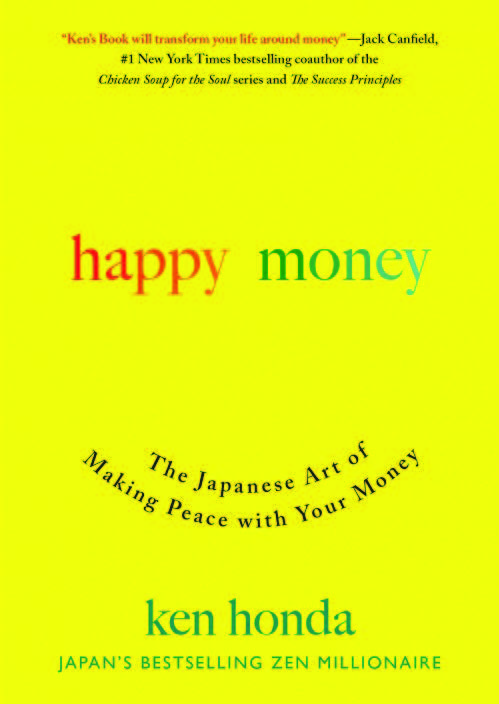Have you ever felt worry about not having enough money; envy of those who have more than you; or guilt, fear, or shame for how you have spent money? If so, chances are you learned these lessons from your family and stories you heard growing up.
Maybe you were raised in a household where your parents always talked about not having enough money. You might respond by scrupulously saving and pinching pennies, always fearful of what the future might bring and never free to enjoy what you have.
Or, you grew up hearing stories that your family was “bad with money,” such as relatives who squandered family wealth, leaving you mourning a loss for something you never had. In that case, you might associate money with loss.
I have heard stories of striking similarity from people around the world: family patterns – patterns that, in some cases, go back generations – influence how people feel about money.
Fortunately, we can change our relationship with money from one based on worry, fear, or shame to one focused on gratitude, appreciation, and abundance. When we do, we not only increase our own happiness, we also break patterns we may have inherited to free our children to enjoy a happier relationship with money.
Make Friends With Your Money “Monster”
Many of us were raised to think that we had to be very, very careful with money. It was as if money were a scary monster – being careless with it could get us in big trouble.
Once my mother scolded me for spending what must have amounted to a dollar more than she thought I should on something she had asked me to buy. I didn’t mean to waste my mother’s dollar, and it felt like the end of my world.
When we go through something like that as kids, we may make up our minds we aren’t going to waste any money or make any financial mistakes, ever. That’s a big burden, and it leaves us feeling fearful of making a mistake, even if the cost is small.
I challenge people to free themselves from these feelings by going out and buying something without worrying about the cost, and then celebrating it. Free yourself from the idea that you can never waste money, or take a risk with it.
Take Risks, Discover Your Gifts
To discover your gifts you have to be willing to take risks. For example, at the age of 33, I took a risk when I sat in front of my computer and started writing, something a friend had recommended I do for years. Taking that risk changed my life.
Now think about your money. If all you do is try to hang onto it all the time, you may be unwilling to take risks that can improve your life and the lives of those around you. Taking risks is scary, but the rewards can be limitless.
More Than A Number
One of the biggest myths is the idea that wealth is just a number on your bank statement. Wealth is more than that – it is all the people you are connected with. If you focus only on the number, you miss those relationships.
Start with Happiness, Money Will Follow
Many people think that money buys happiness. According to research, money does positively impact happiness, but only to a point. You can experience more happiness, however, by practicing these things in your life:
Appreciation: When you choose to feel grateful for the good people and things in your life, you open yourself to the flow of happiness and money.
Connection: When you see yourself as all alone in solving your problems, it can be hard to see what’s possible. Ask who is waiting for you to ask so they can help you? Who can you help?
Sharing: In order to receive, you have to give. It makes space for new possibilities, people, and money. What could you give that would make space for you to receive? Open the flow by sharing a smile, a small gift, or a service to someone else.
Money is energy, and according to the laws of science, energy cannot be destroyed or created – it flows. Trying to hold onto money is like trying to hold your breath – you can only do it for so long before you have to breathe out.
When you breathe deeply and consciously, you feel invigorated and alive. That’s similar to the feeling you will get when you let go of fear around money, and embrace appreciation, connection, and sharing.
Excerpted with permission from Happy Money: The Japanese Art of Making Peace with Your Money. Published by Gallery Books. © 2019 by Ken Honda.
Money and happiness expert Ken Honda is a best-selling self-development author in Japan, with book sales surpassing seven million copies since 2001. His latest book is called Happy Money: The Japanese Art of Making Peace with Your Money. Learn more at KenHonda.com.

















